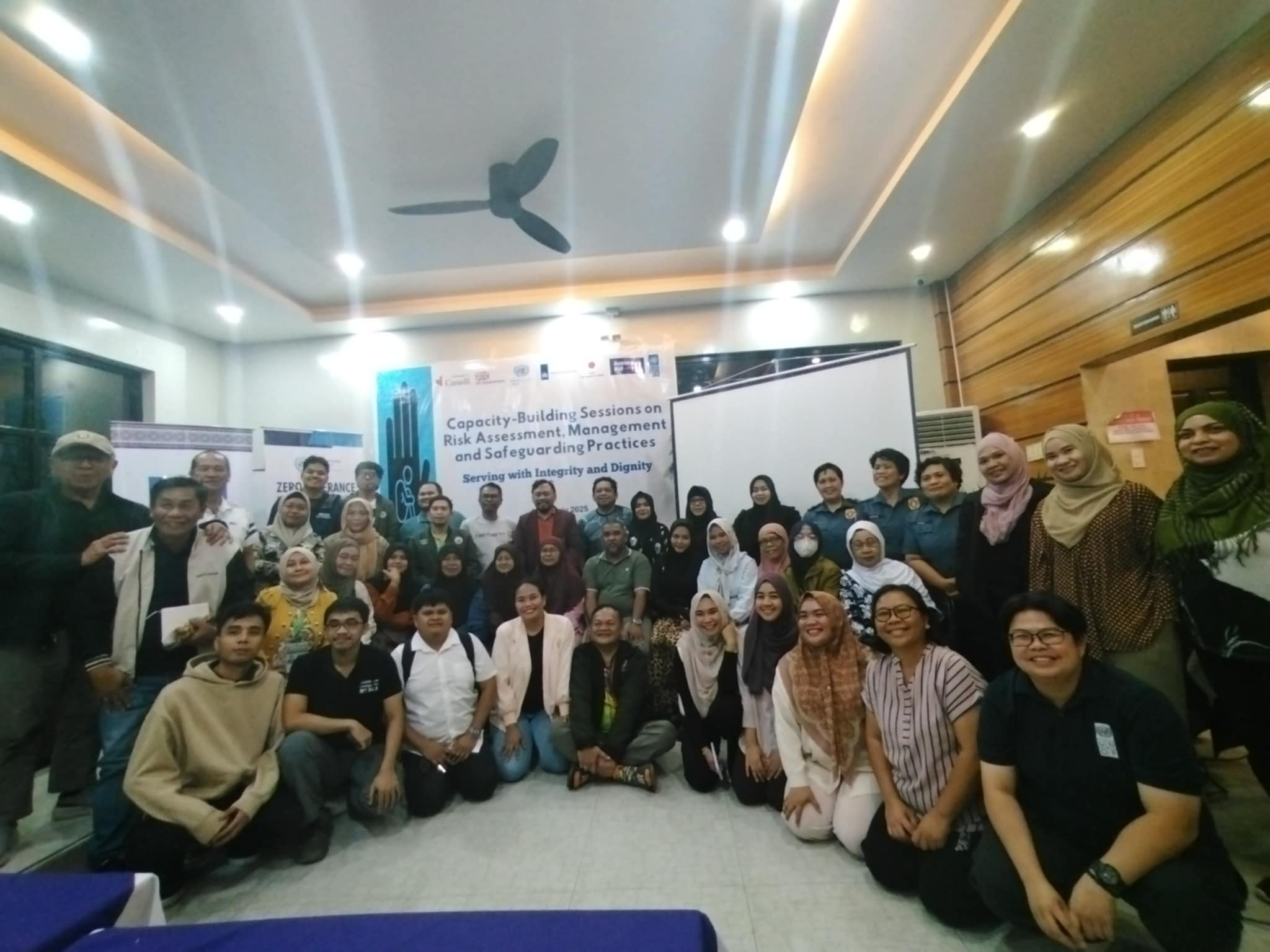ED Acram A. Latiph, Ph.D
Cotabato City, BARMM– The United Nations Development Programme (UNDP) Philippines recently concluded its critical Capacity-Building Sessions on Risk Assessment, Management, and Safeguarding Practices. The successful sessions brought together UNDP personnel alongside key partners and stakeholders from the Bangsamoro Autonomous Region in Muslim Mindanao (BARMM) Government, Civil Society Organizations (CSOs), Non-Governmental Organizations (NGOs), and notably, the Mindanao State University – Institute of Peace and Development in Mindanao (MSU-IPDM). These sessions were a cornerstone of UNDP’s risk-informed development (RID) approach, which proactively integrates risk considerations into all stages of development, acknowledging that development initiatives can sometimes create or intensify risks.
Participants engaged deeply with UNDP’s comprehensive risk management framework, focusing on identifying, assessing, and treating risks to achieve organizational objectives while minimizing negative consequences. A significant highlight was the emphasis on safeguarding practices, a crucial aspect of UNDP’s work dedicated to prioritizing the safety and well-being of individuals and communities—especially those in marginalized and vulnerable situations—from harm, abuse, and exploitation.
MSU-IPDM emerged as one of the most active participants throughout the sessions, demonstrating its strong commitment to enhancing its knowledge, advocacy, and capacity. This active involvement is expected to significantly bolster MSU-IPDM’s ability to better serve the community in the BARMM region. The capacity-building sessions effectively strengthened participants’ understanding, skills, and attitudes across vital areas of risk management and safeguarding, including: • Prevention of / Protection from Sexual Exploitation, Abuse and Harassment (PSEAH) • Child Rights and Protection • Engaging Indigenous Peoples / Indigenous Cultural Communities By fostering these essential capabilities, UNDP Philippines and its partners are poised to implement more resilient, inclusive, and effective peace and development initiatives across the Bangsamoro region.




